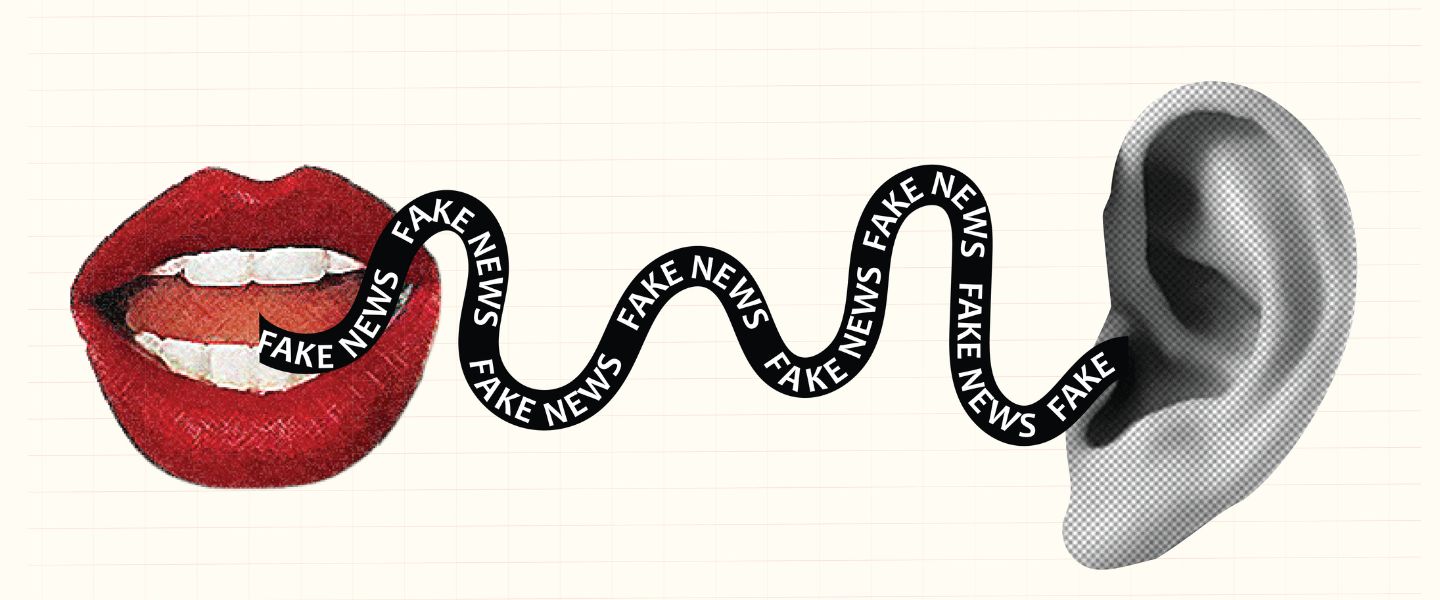
Is it time you went back to beige?
Beige gets a bad rap from brand consultants, but when you’re stressed, it’s hard to think clearly: you need to return to neutral first. To reset your nervous system, try going back...

by Wei Zheng Published November 11, 2024 in Brain Circuits • 3 min read
It’s easy to utilize perspectives from those we know well or are close to, but it’s a bigger challenge to ensure all perspectives are heard and utilized in decisions that affect everyone.
Microaggression, discrimination, and exclusion are situations where discriminatory comments, biases, and unfair treatment of employees from underrepresented backgrounds occur.
This refers to uneven participation of diverse team members, including disconnection or reduced participation in team activity by historically underrepresented group members (e.g., racial minority employees, junior members, women in men-dominated teams, and remote team members). Leaving them behind can occur in everyday team interactions, including regular meetings, social events, task assignments, and new team formation.
This is where mainstream practices present challenges to individuals with non-mainstream needs. Examples include a lack of appropriate bathrooms for gender-non-conforming individuals, those who struggle with fixed work schedules (such as parents or people with caregiving responsibilities), LGBTQ+ individuals, those not comfortable with social events determined by majority group members, those wanting to celebrate holidays outside the dominant culture, and a lack of suitable office equipment for individuals with disabilities.
This relates to DEI initiatives whose positive intentions may be derailed by unclear processes and unintended consequences. Questions abound such as who should be involved in developing DEI action plans, what DEI strategies should be developed, how to address a wide variety of needs and goals from diverse stakeholders, how to encourage participation in DEI initiatives from all employees, and how to facilitate conversations around issues such as pay equity.
a. Never
b. Sometimes
c. Frequently.
If you do encounter them, what have you done to address them?
Take this short test to see where you are on the spectrum of great, good, or frankly inadequate leaders when it comes to including everyone in the organization.
Great inclusive leadership is deliberate, principled, and systematic. It involves assuming and affirming differences, ensuring full participation, leveraging formal and informal channels, and innovating out of entrenched practices. It is a superpower leaders can acquire to elevate the well-being and performance of their people, teams, and organizations.
The good, the bad, and the ugly of inclusive leadership
Five steps to drive a DE&I movement in your company
Is it time to think differently about difference?
Potential or performance? We should value and reward both
Creating an LGBTQ+ community in the workplace
‘You have to bring hearts and minds with you’
From Boomers to Gen Z: Managing generational dynamics in the workplace

Wei Zheng is the Richard R. Roscitt Endowed Chair Professor in Leadership at Stevens Institute of Technology. Her research, teaching, and practice focus on leadership and diversity, exploring topics such as how leaders develop, how women leaders thrive in organizations, and what inclusive leaders do. Her work on thought leadership was recognized as a finalist for the 2021 Thinkers50 Distinguished Achievement Award for Leadership.

February 12, 2026 • by Francesca-Giulia Mereu in Brain Circuits
Beige gets a bad rap from brand consultants, but when you’re stressed, it’s hard to think clearly: you need to return to neutral first. To reset your nervous system, try going back...

February 11, 2026 • by Stefan Michel in Brain Circuits
Drawing on his recent IMD podcast with Amar Bhidé, IMD Professor of Management Stefan Michel debunks longstanding misconceptions about entrepreneurship....

February 10, 2026 • by Susanne May in Brain Circuits
Forget everything you’ve heard about genius CEOs, intuition, and heroic decision-making, says Susanne May – use Jensen Huang’s radical leadership of Nvidia as a blueprint to succeed in the AI era....

February 5, 2026 • by Michael D. Watkins in Brain Circuits
AI can do plenty in terms of learning and skills development – but educators and talent leaders also need to understand what AI tools should not be used for. ...
Explore first person business intelligence from top minds curated for a global executive audience